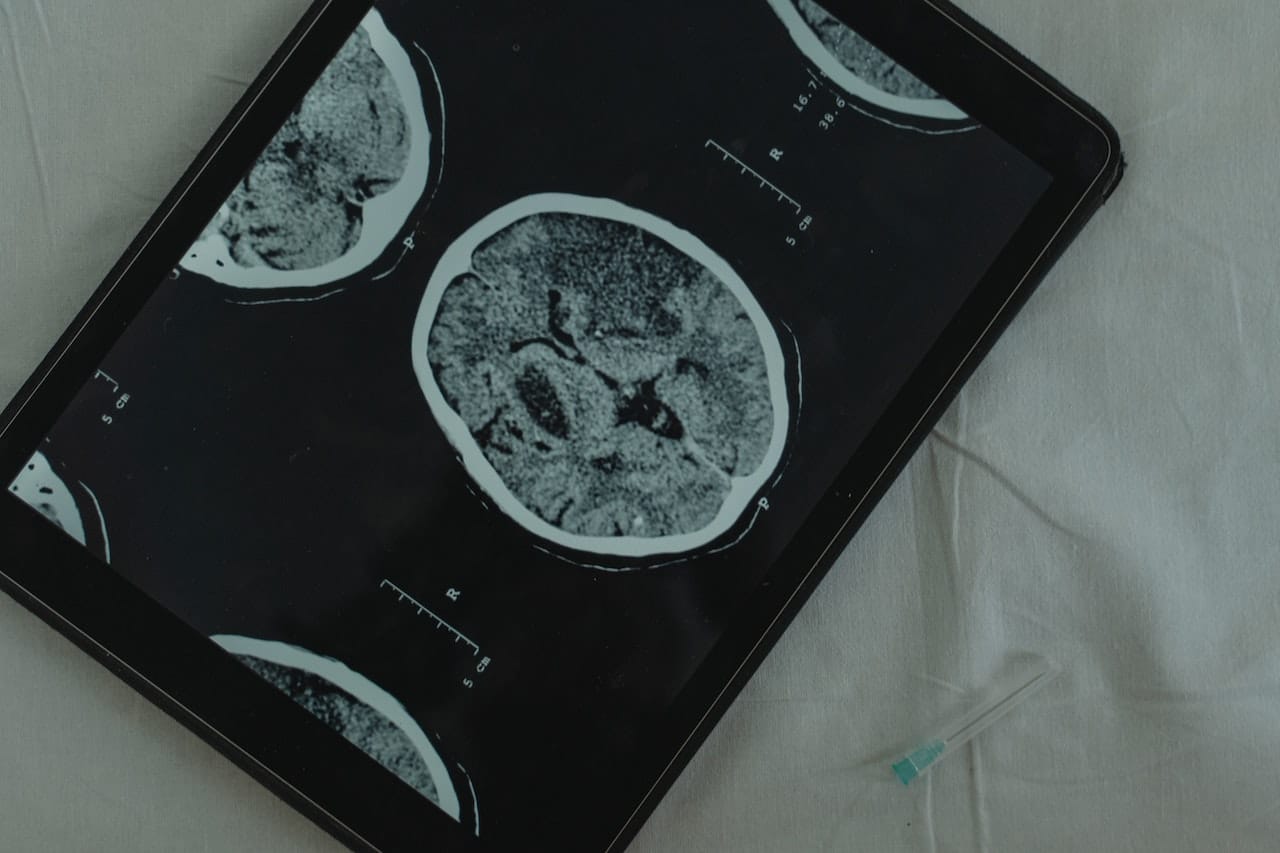The manufacturing industry in the UK is a cornerstone of the economy, but it also carries inherent risks to worker safety. Improving safety standards is not just a moral imperative; it’s a strategic advantage that can boost productivity, reduce costs, and enhance the industry’s reputation. This comprehensive guide delves into the key aspects of improving safety standards in manufacturing, providing insights, strategies, and best practices to create a safer and more efficient work environment. We will also highlight how you can start an injury at work claim.
Understanding the Challenges to Safety in Manufacturing
Manufacturing environments are often complex and dynamic, with a multitude of hazards that can lead to accidents and injuries. These hazards can be categorized into physical, chemical, biological, ergonomic, and psychosocial factors.
- Physical hazards include moving machinery, sharp edges, falling objects, noise, vibration, and extreme temperatures.
- Chemical hazards encompass exposure to toxic substances, dust, fumes, and gases.
- Biological hazards involve contact with harmful microorganisms, such as bacteria, viruses, and fungi.
- Ergonomic hazards arise from repetitive motions, awkward postures, and heavy lifting, which can lead to musculoskeletal disorders.
- Psychosocial hazards relate to stress, fatigue, workplace violence, and harassment, which can negatively impact mental and physical health.
Understanding these hazards is the first step towards mitigating their risks and improving safety standards in manufacturing.
The Role of Risk Assessment and Management
Risk assessment and management are key to improving safety in manufacturing. A thorough risk assessment identifies potential hazards. It evaluates how likely and severe these hazards are. Then, it implements controls to reduce or remove the risks.
Effective risk management is proactive. It includes regular reviews and updates. This ensures controls stay effective as things change.
Implementing Effective Safety Measures
A multi-faceted approach is essential to implement effective safety measures in manufacturing. This includes:
- Engineering controls: Designing machinery and equipment with safety features, such as guards, interlocks, and emergency stops.
- Administrative controls: Developing and enforcing safety policies and procedures, conducting regular safety audits and inspections, and providing training on safe work practices.
- Personal protective equipment (PPE): Providing and ensuring the use of appropriate PPE, such as helmets, gloves, safety glasses, and respiratory protection.
By integrating these measures, manufacturers can create a safer work environment, reduce the risk of accidents and injuries, and enhance overall productivity.
The Importance of Worker Engagement and Training
Workers are the most valuable asset in any manufacturing operation, and their engagement is crucial for improving safety standards. Encouraging workers to report hazards, participate in safety committees, and provide feedback on safety procedures can foster a culture of safety and ownership.
Comprehensive training programs are essential to ensure that workers understand the risks associated with their jobs and are equipped with the knowledge and skills to work safely. This includes training on safe work practices, hazard identification, emergency procedures, and the proper use of PPE.
Receive a Call About Your Claim
Leveraging Technology for Safety Enhancement
Technological advancements offer significant opportunities to enhance safety standards in manufacturing. Automation, robotics, and artificial intelligence (AI) can be used to perform hazardous tasks, reduce human error, and improve overall safety.
Wearable technology, such as smart helmets and exoskeletons, can monitor worker fatigue, posture, and environmental conditions, providing real-time feedback and alerts to prevent accidents. Data analytics can also be used to identify patterns and trends in safety incidents, enabling proactive risk management and targeted interventions.
Embracing a Culture of Continuous Improvement
Improving safety standards in manufacturing is an ongoing journey, not a destination. Embracing a culture of continuous improvement involves constantly evaluating and refining safety measures, seeking feedback from workers, and staying abreast of new technologies and best practices.
By fostering a culture of safety, manufacturers can create a work environment where safety is everyone’s responsibility, where hazards are proactively identified and addressed, and where continuous improvement is the norm.
Making an Injury at Work Claim with National Claims
At National Claims, we understand the unique challenges and risks associated with working in the manufacturing industry. If you’ve been injured in a workplace accident due to inadequate safety measures, faulty equipment, or negligence, we are here to help. Our team specializes in assisting injured workers in navigating the complex claims process and obtaining the compensation they deserve.
Free Consultation
Let’s start with a free, no-obligation consultation to discuss the details of your workplace injury. We’ll listen to your experience, assess the circumstances of your accident, and evaluate the potential strength of your claim. This will allow us to provide you with initial guidance and connect you with a solicitor from our panel who will be able to assist you with your case.
*No Win, No Fee
We believe that every injured worker should have access to justice, regardless of their financial situation. That’s why we offer our services on a “No Win, No Fee” basis. You won’t pay any upfront legal fees, and our fees are contingent on the success of your claim. This allows you to pursue your case without financial burden.
*Customers pay up to 25% (incl. VAT) of the amount recovered towards solicitor costs and if you cancel outside your cooling off period, you may be charged a fee.
Contact us today to speak to one of our claims agents who will be able to help you get started on your claim.
Click below to see why we are one of the most trusted claims management companies in the UK.

We’re proud of our excellent customer reviews
We thrive on delivering exceptional service and ensuring our clients’ satisfaction. Don’t just take our word for it. Check out some of our independent reviews to see what our clients have to say.
Excellent

This firm is excellent, they sorted out my car pay out and injury claim very fast, they always communicate with you all the time.

My accident case was dealt with confidence and with great result of the outcome, especially James kept me informed all the time.

I was very impressed at the way my inquiry was treated. I was listened to attentively and everything I needed to know was explained to me.






